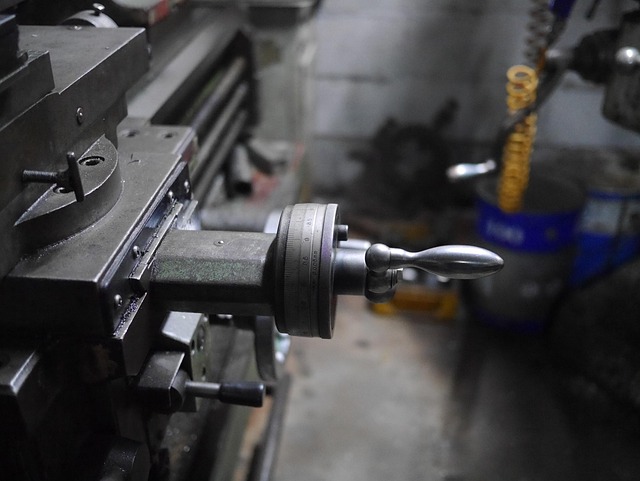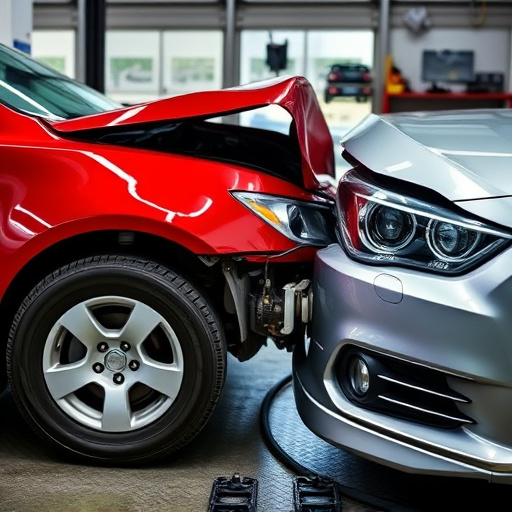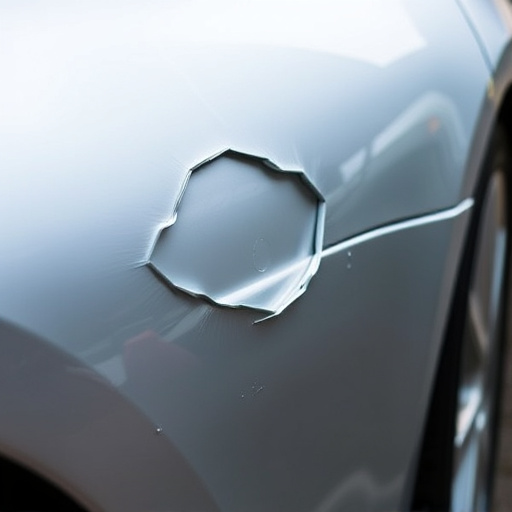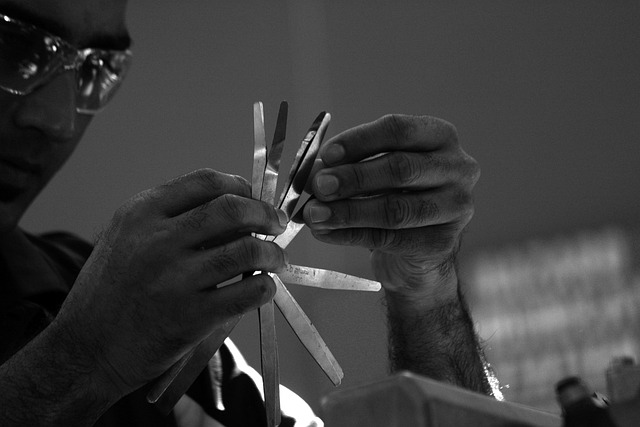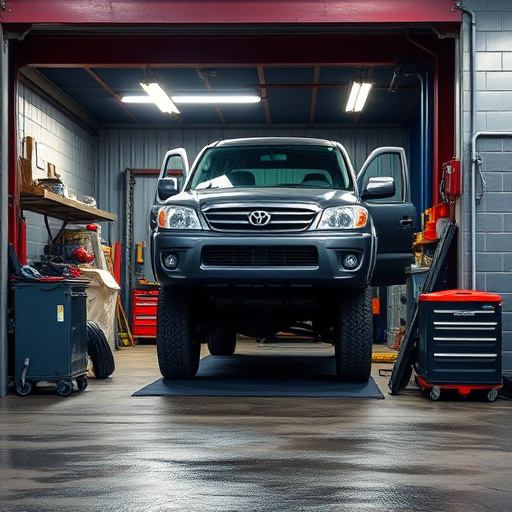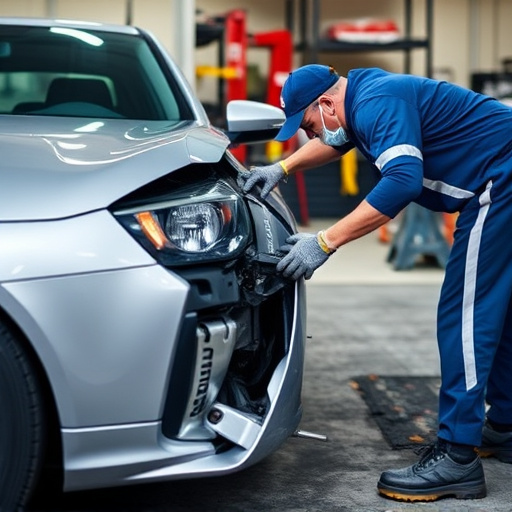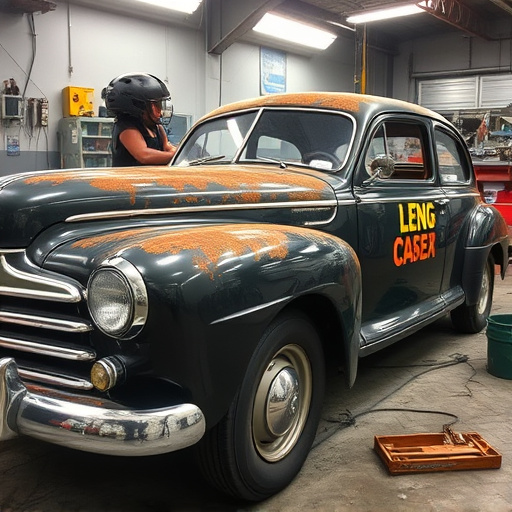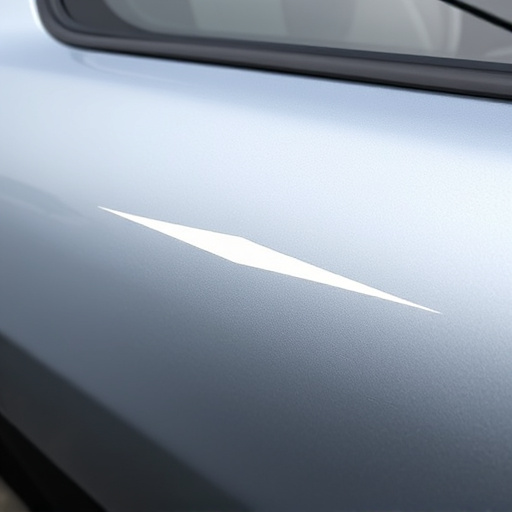In today's digital age, high-tech vehicles pose challenges for mechanics. With complex systems like advanced electronics and smart sensors, ensuring proper repair quality is crucial for customer safety. Common issues stem from sensor misalignments to hidden structural damage under surface dents. To address repair quality concerns, automotive body shops should provide rigorous technician training in advanced repair techniques and integrate digital tools like CAD software for accurate measurements and virtual testing. Effective communication with customers builds trust and enhances customer satisfaction.
In today’s digital age, high-tech vehicles come with complex systems that demand specialized attention during repairs. However, understanding and addressing repair quality concerns in these sophisticated machines can be challenging. This article delves into the heart of the issue, exploring common problems and their causes within the context of modern vehicle repairs. We also uncover effective strategies aimed at enhancing repair quality and boosting customer satisfaction, ensuring a reliable and efficient service experience.
- Understanding Repair Quality Concerns in High-Tech Vehicles
- Identifying Common Issues and Causes
- Strategies for Enhancing Repair Quality and Customer Satisfaction
Understanding Repair Quality Concerns in High-Tech Vehicles

In today’s digital era, high-tech vehicles are becoming increasingly common on roads worldwide. As automotive technology advances, so do the complexities of repair processes and components. Understanding repair quality concerns in these sophisticated machines is paramount to ensuring customer safety and satisfaction. Many modern vehicles incorporate intricate systems, such as advanced electronics, computer networks, and smart sensors, which can be fragile and require specialized knowledge for effective repairs.
One significant challenge lies in maintaining repair quality across various services, including auto frame repair, tire services, and dent removal. While these tasks might seem straightforward, their impact on the vehicle’s overall performance and safety is profound. For instance, misaligned frames or improperly repaired dents can compromise structural integrity, leading to potential accidents. Thus, it’s crucial for technicians to stay updated with the latest technology and training to address repair quality concerns effectively in high-tech vehicles.
Identifying Common Issues and Causes

In the realm of high-tech vehicle repairs, identifying common issues and their root causes is a critical step in ensuring optimal repair quality concerns. Many problems stem from advanced electronic systems and intricate car bodywork designs. For instance, misalignments in sensor positioning or minor imperfections during manufacturing can lead to malfunction later on, impacting everything from engine performance to safety features. By understanding these nuances, auto body shops can anticipate potential challenges.
Specific areas like vehicle dent repair often highlight the need for meticulous precision. A simple dent might seem insignificant but can indicate underlying structural damage if not properly assessed. Similarly, while some repairs focus on cosmetic enhancements, addressing them promptly prevents more serious repair quality concerns down the line. Regular training and staying updated with industry advancements are vital to identify these common issues effectively.
Strategies for Enhancing Repair Quality and Customer Satisfaction

To enhance repair quality and boost customer satisfaction in high-tech vehicle repairs, automotive body shops must adopt comprehensive strategies that address repair quality concerns head-on. One effective approach is implementing rigorous training programs for technicians, ensuring they stay updated with the latest industry standards and technologies. This includes specialized training in advanced repair techniques such as car dent repair and precise panel replacement, thereby improving the overall precision and aesthetic quality of repairs.
Additionally, integrating digital tools and technology throughout the repair process can significantly contribute to better outcomes. Using computer-aided design (CAD) software for exact measurements and virtual testing before actual repairs minimizes errors and enhances accuracy. Moreover, maintaining open lines of communication with customers throughout the journey, from initial consultation to final inspection, fosters trust and ensures their expectations are consistently met or exceeded, ultimately elevating customer satisfaction levels in car bodywork services.
In addressing repair quality concerns in high-tech vehicles, a comprehensive understanding of common issues and their causes is essential. By implementing effective strategies that prioritize precision, customer satisfaction, and ongoing training, auto repair shops can significantly enhance their service quality. Investing in these efforts not only ensures reliable repairs but also fosters trust among customers, ultimately positioning businesses as leaders in the industry.
